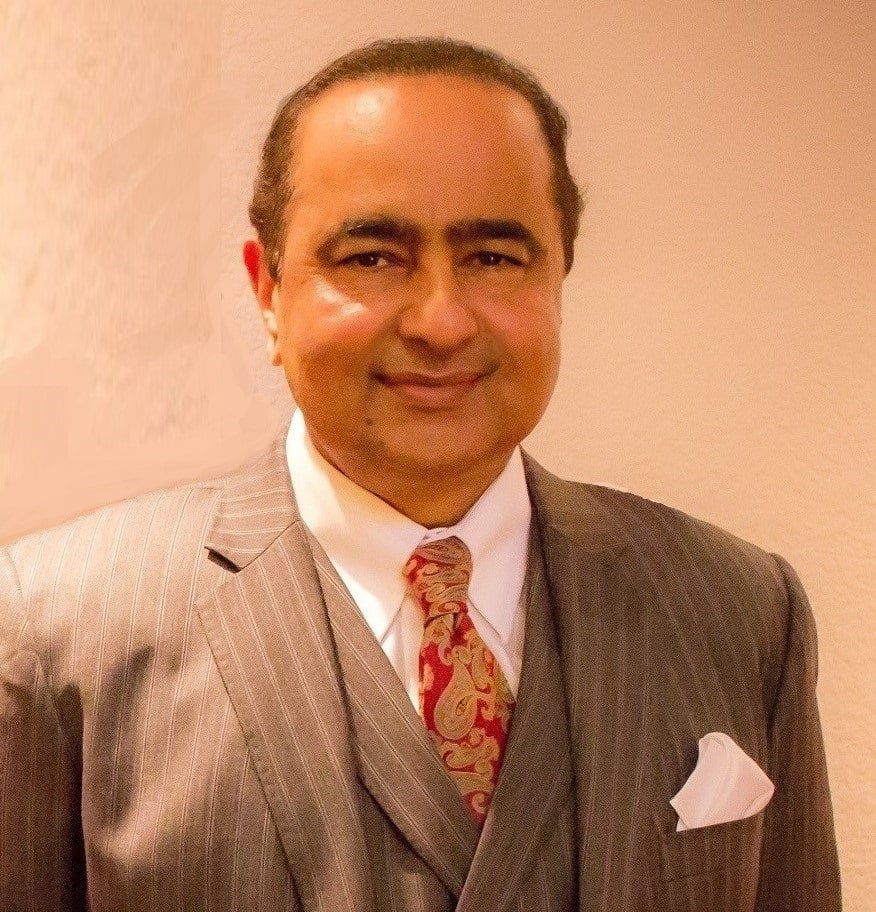UTA team to explore assistive technologies for people with disabilities
A University of Texas at Arlington computer science and engineering professor has received a National Science Foundation (NSF) grant worth more than $400,000 to incorporate assistive technologies for people with disabilities.

Ishfaq Ahmad, UT Arlington professor of computer science and engineering, said the grant will allow the NSF’s Research Experiences for Undergraduates (REU) site at UTA to continue.
The project is multidisciplinary and involves professors from all over the UT Arlington campus. Kathryn Daniel, professor in the College of Nursing and Health Innovation, is co-principal investigator.
The grant is open to all domestic undergraduates with computing backgrounds, with a focus on women and minorities at UTA, Ahmad said.
“What’s great about the project is it tackles challenges people with disabilities face every day,” he said. “We aim to help people with disabilities through innovation and the creation of tools that they can use in life.”
Titled “REU Site: Assistive Technologies for People with Disabilities,” this NSF grant continues work started on a 2018 $1.2 million grant from the U.S. Department of Education, supplemented with $300,000 in UTA matching funds. One of its aims is to significantly increase the number of doctoral students, especially among women and minorities.
Some of the research aspects of the grant include assistive robotics, visual and hearing aids, smart care and artificial intelligence. The undergraduates in the program will receive experience in communications, ethics, leadership, collaboration and academic writing skills.
Ahmad also is the director of the Center for Advanced Computing Systems and a fellow of the Institute of Electrical and Electronics Engineers. His research interests are in the broader areas of parallel and distributed computing systems and their applications, optimization algorithms, multimedia systems, video compression, assistive technologies, smart power grids and energy-aware sustainable computing. His work in these areas has led to nearly 275 articles in books, peer-reviewed journals and conference proceedings. Ahmad is a recipient of numerous research awards and recognitions.
Hong Jiang, chair of the Department of Computer Science and Engineering, said this type of project could have life-changing impacts for individuals with disabilities.
“We know that the innovations and discoveries that are yielded from this research will help the people with disabilities community in their everyday lives,” he said. “The project goes beyond computer science.”